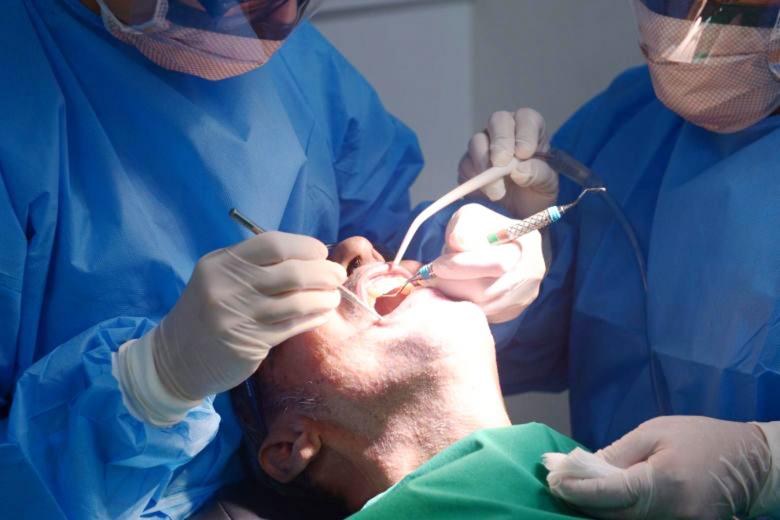SINGAPORE - Foreign-trained dental graduates will need to pass a qualifying examination to be eligible for conditional registration and to subsequently apply to be fully registered dentists, after proposed changes to the Dental Registration Act (DRA) were approved by Parliament on Monday (Aug 2).
The introduction of this new requirement is currently planned for Jan 1, 2029, said Senior Minister of State for Health Koh Poh Koon.
He noted that the proportion of foreign-trained dentists in Singapore had risen from 20 per cent (302 out of 1,484 dentists) in 2008 to 36 per cent (900 out of 2,475) in 2019.
The Ministry of Health said in a press release that the Singapore Dental Council (SDC) had observed a high degree of variability in overseas clinical practices and the dental curriculum of overseas universities, and that the new measures are being introduced to ensure the quality of foreign-trained graduates practising in Singapore remain high.
Currently, those with foreign degrees recognised under the DRA can directly apply for conditional registration - which involves a period of around two years of supervised work and a competency assessment, before applying to be fully registered dentists.
These degrees are from universities in Australia, Canada, Hong Kong, New Zealand, Ireland, the United Kingdom and the United States.
For those with foreign degrees not listed, the SDC evaluates them on a case-by-case basis and may require applicants to pass an examination.
The new amendments to the DRA will require all foreign-trained dental graduates to take and pass this qualifying examination.
Administered by the National University of Singapore and overseen by SDC, the examination assesses a dental graduate's clinical knowledge and procedural skills, and is similar in scope and benchmarked to the standards of the final-year examination of NUS' dentistry faculty, said Dr Koh.
"This new requirement… will also ensure that foreign dental graduates are familiar with the requirements for clinical practice in Singapore," he added. "For example, the local dental curriculum has in recent times sharpened its focus on core clinical general dentistry skills, and more emphasis has been placed on geriatric dentistry, considering the trends in Singapore's demographics."
Dr Koh also noted that the new measure would align Singapore with several other overseas jurisdictions which have adopted examination regimes, in response to Mr Yip Hon Weng (Yio Chu Kang) asking if MOH could have simply removed from its list of recognised universities those not producing graduates that are up to mark.
Nominated MP Shahira Abdullah, a dental surgeon herself, and Mr Louis Ng (Nee Soon GRC) also asked if the number of allowed attempts at the examination could be increased.
Dr Koh clarified that there would be no cap for foreign-trained Singapore citizens and permanent residents. Foreign-trained non-residents, however, would have a maximum of two tries to pass each of three parts of the exam - with each second attempt within 12 months of the first.
The list of dentistry degrees in the DRA's schedule will also be revised. Holders of these degrees will be automatically eligible to take the qualifying examination; others will have to apply to SDC for permission.
MOH stressed that both the qualifying examination requirement and the revised schedule would come into effect only in 2029. Students currently enrolled in overseas dentistry programmes and graduating before then, as well as foreign-trained graduates who already hold dental qualifications, will not be affected.
"MOH and SDC will work closely with the dental community and other stakeholders to implement and operationalise these requirements," said Dr Koh.
"In the coming months, SDC will engage dental students who will be affected by these changes, to ensure that they understand the new requirements and to address any concerns that they may have."


